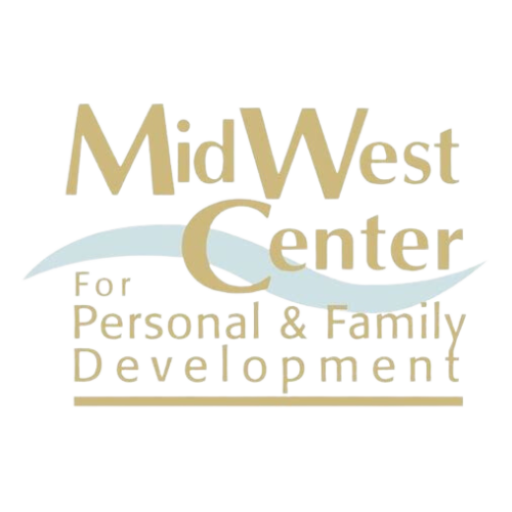Mood disorders are a group of mental health conditions characterized by significant changes in mood and emotional state. They can affect how a person thinks, feels, and behaves, impacting their daily life and relationships. Understanding mood disorders is essential for recognizing symptoms and seeking appropriate treatment. In this post, we’ll explore what mood disorders are, their symptoms, and available treatment options.
What Are Mood Disorders?
Mood disorders encompass a range of conditions that primarily affect a person’s emotional state. The two most common types are:
- Depressive Disorders: These include major depressive disorder and persistent depressive disorder (dysthymia). They are characterized by persistent feelings of sadness and loss of interest in activities once enjoyed.
- Bipolar Disorder: This disorder involves alternating periods of depression and mania or hypomania, marked by elevated mood, increased energy, and impulsive behavior.
Other mood disorders may include cyclothymic disorder and mood disorder due to a medical condition or substance use.
Symptoms of Mood Disorders
While symptoms can vary widely among individuals, common signs of mood disorders include:
Symptoms of Depression
- Persistent Sadness: A feeling of emptiness or hopelessness that lasts most of the day.
- Loss of Interest: Diminished interest or pleasure in most activities, including those once enjoyed.
- Fatigue: A sense of tiredness or lack of energy even after rest.
- Changes in Appetite: Significant weight loss or gain, or changes in appetite.
- Sleep Disturbances: Insomnia or oversleeping.
- Difficulty Concentrating: Trouble focusing or making decisions.
- Feelings of Worthlessness: Intense guilt or feelings of inadequacy.
- Thoughts of Death: Recurrent thoughts of death or suicide.
Symptoms of Bipolar Disorder
- Manic Episodes: Elevated mood, increased energy, decreased need for sleep, racing thoughts, and impulsive behavior.
- Depressive Episodes: Symptoms similar to those of depressive disorders, including sadness and loss of interest.
- Mixed Episodes: Experiencing symptoms of both mania and depression simultaneously.
Treatment Options for Mood Disorders
Fortunately, mood disorders are treatable. The right treatment can significantly improve quality of life. Here are some common approaches:
1. Psychotherapy
- Cognitive Behavioral Therapy (CBT): This type of therapy helps individuals identify and change negative thought patterns and behaviors.
- Interpersonal Therapy (IPT): Focuses on improving interpersonal relationships and social functioning.
- Psychodynamic Therapy: Explores the influence of the unconscious mind and past experiences on current behavior.
2. Medication
Antidepressants and mood stabilizers can be effective in managing mood disorders. Common classes of medications include:
- Selective Serotonin Reuptake Inhibitors (SSRIs): Often prescribed for depression, these medications help increase serotonin levels in the brain.
- Mood Stabilizers: Used primarily for bipolar disorder, these help regulate mood swings.
- Antipsychotic Medications: Sometimes used in conjunction with other medications to treat severe mood swings or mania.
3. Lifestyle Changes
Incorporating healthy habits can play a significant role in managing mood disorders:
- Regular Exercise: Physical activity can boost mood and reduce symptoms of depression.
- Balanced Diet: Eating a nutritious diet supports overall mental health.
- Sleep Hygiene: Prioritizing quality sleep can help regulate mood.
- Mindfulness and Relaxation Techniques: Practices such as yoga, meditation, and deep breathing can reduce stress and improve emotional well-being.
4. Support Groups
Joining a support group can provide a sense of community and shared experience. Talking with others who understand your challenges can be incredibly therapeutic.
Mood disorders can profoundly impact individuals and their loved ones, but with understanding and appropriate treatment, recovery is possible. If you or someone you know is experiencing symptoms of a mood disorder, seeking help from a mental health professional is a crucial step.


